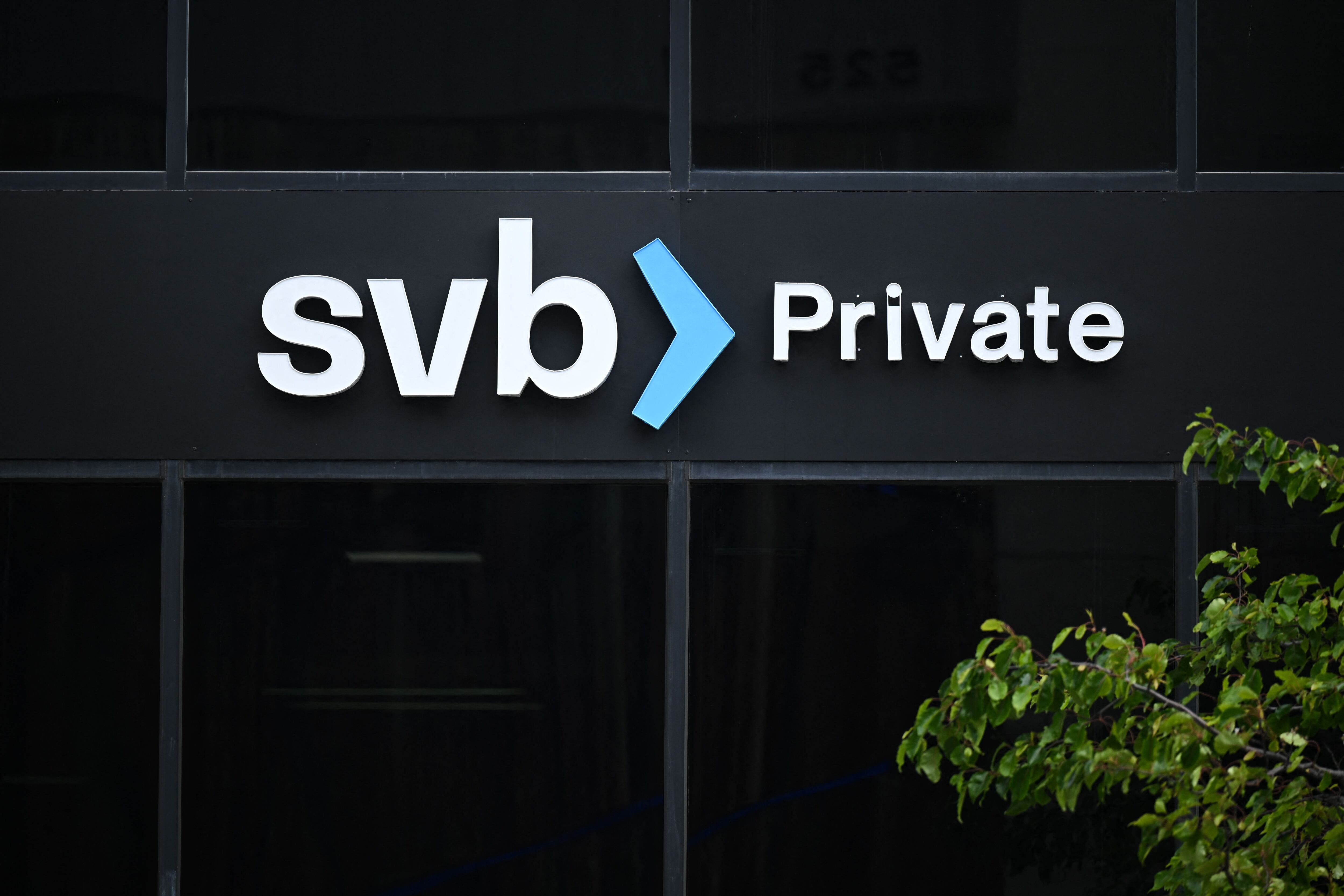FALLS CHURCH, Va. — When Pentagon officials received word that Silicon Valley Bank collapsed on March 10, they moved quickly to understand how the failure might affect defense startup companies and develop plans to bolster them.
Mike Madsen, acting head of the Defense Innovation Unit — a Defense Department organization that works closely with non-traditional and often small companies — said his immediate concern was that the vendors DIU and other Pentagon offices are partnered with would have to stop executing their programs.
“It was very concerning,” he said March 23 during the Potomac Officers Club’s Research and Development Summit in Falls Church, Va. “We were very busy over that weekend, reaching out to our vendors.”
Based in Santa Clara, Calif., SVB’s clients included almost half of the country’s venture-backed startups, according to the company’s website. Following its collapse, President Biden announced March 12 the U.S. government would intervene to ensure SVB customers have access to their funds. The Federal Reserve said it will create a new program to protect institutions that could be impacted by an unstable market following the bank’s failure.
DIU was created in 2015 to serve as a bridge from commercial companies to the Pentagon, helping firms — including startups funded by private capital — pitch technology for military users. Along with questions about how SVB’s fall might impact the organization’s projects, Madsen said that prior to the government’s decision to secure the bank’s depositors, DIU considered what ripple effects to watch for and sough to determine whether companies could lose intellectual property.
He and his team worked with companies to understand the exposure risk they were facing — everything from payroll to supply chain issues — and determine whether DIU could mitigate some of those concerns.
“We started looking at what are the existing authorities we have to maybe accelerate milestones,” Madsen said. “I was starting to think about some of our commercial capital providers that we’ve worked with in the past and looking at ways that we could collaborate with them.”
Although DIU assistance wasn’t needed in the end, Madsen said the experience allowed the organization to think through how it would respond and what tools it has available should another bank fail in the future.
“If it does happen again, we’re ready to respond,” he said.
Courtney Albon is C4ISRNET’s space and emerging technology reporter. She has covered the U.S. military since 2012, with a focus on the Air Force and Space Force. She has reported on some of the Defense Department’s most significant acquisition, budget and policy challenges.





